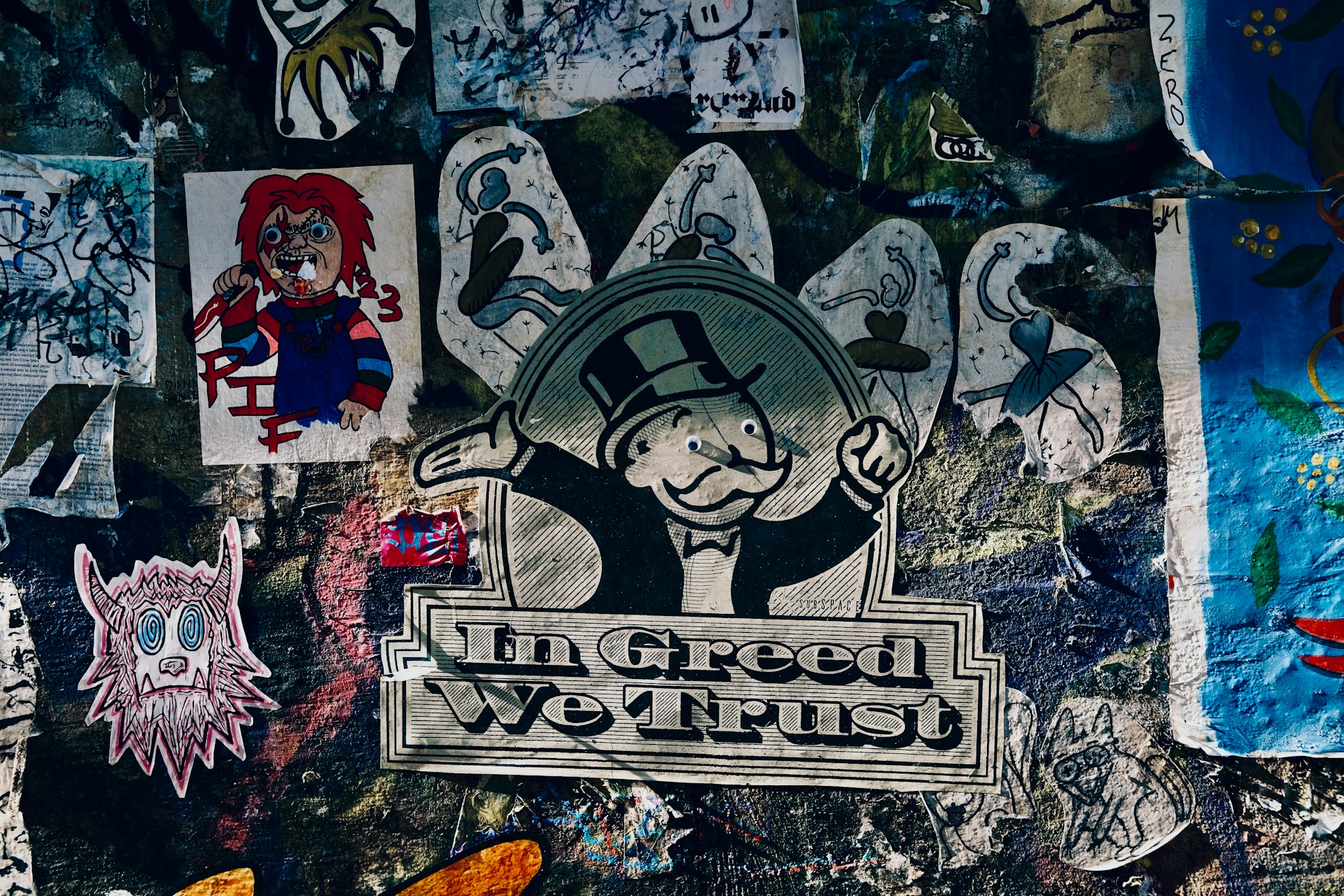A generation of nihilists
In my first ever philosophy course (back in high school), I made the mistake of thinking Nietzsche was a nihilist. My teacher gently corrected me, albeit in a way I misunderstood.
Now, seven years later, I think I get it. Now I understand the death of God as the death of meaning, at least in the collective meaning of Western consciousness. And when meaning dies, what follows is inevitably the crisis of nihilism, which Nietzsche sought to overcome.
Arguably, meaning is always something which is lost and found. I’m sure every generation has their struggle with it. Nevertheless, I feel there is something particularly nihilistic at the core, buried deep in the basement of my own generation. A kind that has never so desperately needed reckoning with. Of course, this sounds a tad dramatic. But such is life.
Let me tell it as I see it: my generation (Z), and to an extent the millennials who came before us, have come of age in a time when I think it’s safe to say the great promises of the crescendo that christened the end of the twentieth century—the “end of history”, as some call it—have fallen remarkably flat.
There is a lot of anger—myself included—and it’s justified. There’s wars, human rights abuses, wealth inequality, the rise of the far right, affordability crises, and—if that doesn’t kill you—the looming climate catastrophe that has noticeably become worse since I was a wee boy. All this in a time where traditional structures of religion and politics have, let’s be honest, failed in their attempt to resurrect their most crucial function: hope. Hope of a world worth living in. Hope of a world that we’ll be able to build.
There’s obviously a lot of disagreement about how to do this. And I think this explains in large part why my generation has mysteriously skewed so conservative so young, particularly in the demographic of young men. The certainty of the past offers us an attractive vision, but that past cannot be a future. It’s as pointless as an old man trying to relive the glory days of his youth: no matter how close he may come, he cannot contain the self-consciousness that developed through living. Pandora’s box, once opened, cannot be closed again.
So I would argue that something new—something radical—must be tried if we are to do as Niezsche would have us do: forge a new meaning in which we “live and move and have our being”.
I suspect the multitude have tried that. Many, I’m sure, have been frustrated by failure. I have. But this is not yet the time when the book is closed and the story laid to rest. There’s still a bit of history to be lived. What matters, I suppose, is that we are on the right side of it.
“The ultimate hidden truth of the world is that it is something that we make, and could just as easily make differently.”
— David Graeber
Image: Photo by Artur Ament on Unsplash

Leave a Reply